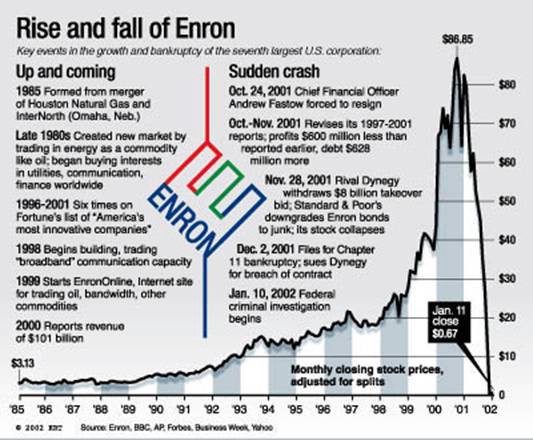Founded initially as a small company named Long Distance Discount Services in 1983, it merged with Advantage Companies Inc to eventually become WorldCom Inc, naming its CEO as Bernard Ebbers.WorldCom achieved its position as a significant player in the telecommunications industry through the successful completion of 65 acquisitions spending almost $60 billion between 1991 and 1997, whilst also accumulating $41 billion in debt. During the Internet boom WorldCom’s stock rose from pennies per share to over $60 a share as ‘Wall Street investment banks, analysts and brokers began to discover WorldCom’s value and made “strong buy recommendations” to investors.’ During the 1990’s WorldCom evolved into the ‘second-largest long distance phone company in the US’ mainly due to its aggressive acquisition strategy.… Read the rest
Business Ethics Case Studies
Case Study on Business Ethics: The AIG Scandal
American International Group, Inc is a company whose operation began back in 1919. It was established back then by Cornelius Vander Starr as an insurance agency in Shanghai, China. AIG left china in 1949 after Starr had established himself as the westerner the sell insurance to the Chinese people. AIG headquarters then shifted from china to New York City, which is still the headquarters up to date. It is from here that AIG began its expansion tapping into other markets such as the Latin America, Asia, Middle East and Europe through use of its subsidiaries.
It was in 1962 when Starr transferred management of AIG United states holdings to Maurice R.… Read the rest
Case Study on Business Ethics: The Napster Case
Napster is an online service that allows computer users to share high-quality digital copies (MP3s) of music recordings through the Internet. The San Mateo-based company does not actually store the songs but instead provides an access to every user’s hard drive if he is currently logged on to the service. Napster therefore functions as a sort of clearinghouse, which collects stores and disseminates music recordings. Members can log onto this service, search for the song of their choice, by artist or song title, identify where MP3s of interest are and then download them from another user’s computer hard drive. Napster claiming to have around 15 million users in just a years’ time, has become one of the most popular sites on the Internet.… Read the rest
Case Study on Financial Ethics: The Bernie Madoff Case
On December 11, 2008, as the arrest of Benard Madoff, the former non-executive chairman of NASDAQ and chairman of Bernard L. Madoff Investment Securities LLC, many investors, big firms, banks, charities, universities and even governments were in panic, realizing that they were involved in a giant financial fraud, ‘all just one big lie’. According to an official document on March 12, 2009 from the Department of Justice of United States, Madoff pleaded guilty to eleven felony counts related to a massive Ponzi scheme and faced a statutory maximum sentence of 150 years in prison.
Actually, what Mr. Madoff did was simple; He continually paid high returns to existing clients with the funds injected by new investors without engaging in any form of legitimate investment activity and this is what people call ‘the Ponzi scheme’, named after Charles Ponzi who did such kind of financial fraud in 1920’s.… Read the rest
Case Study: The Rise and Fall of Enron
Enron was an American Gas Company that was originally called Natural Gas Company in the early 1930s. InterNorth was a holding company that was located in Nebraska and in 1979 purchased Natural Gas Company. In 1985, Enron was born following the merger of InterNorth and Houston Natural Gas. Following the merger, in 1987 Enron discovered that oil traders in New York have overextended the company’s account by $1 billion dollars, which they were able to work down to $142 million. This put Enron in massive debt. For the new company to survive, Enron needed new, innovative, and strategic business plans to generate profits and improve cash flows.… Read the rest
Case Study on Business Ethics: Napster Copyright Infringement Case
Duplicating software for friends, co-workers or even for business has become a widespread practice. All software programs are protected by copyright laws and duplicating them is an offense. How, then, has making illegal copies become such a common and accepted practice in people’s homes and places of work?
Part of the answer revolves around the issue that software isn’t like some other intellectual property. Intellectual property is that which is developed by someone and is attributable directly to the thinking process. Software is different from a book in that anyone can easily copy it-and an exact replication is achievable. Another reason is related to cultural differences.… Read the rest




